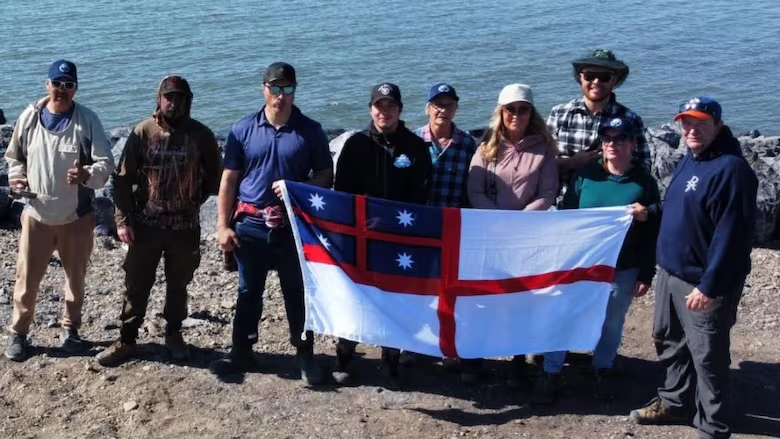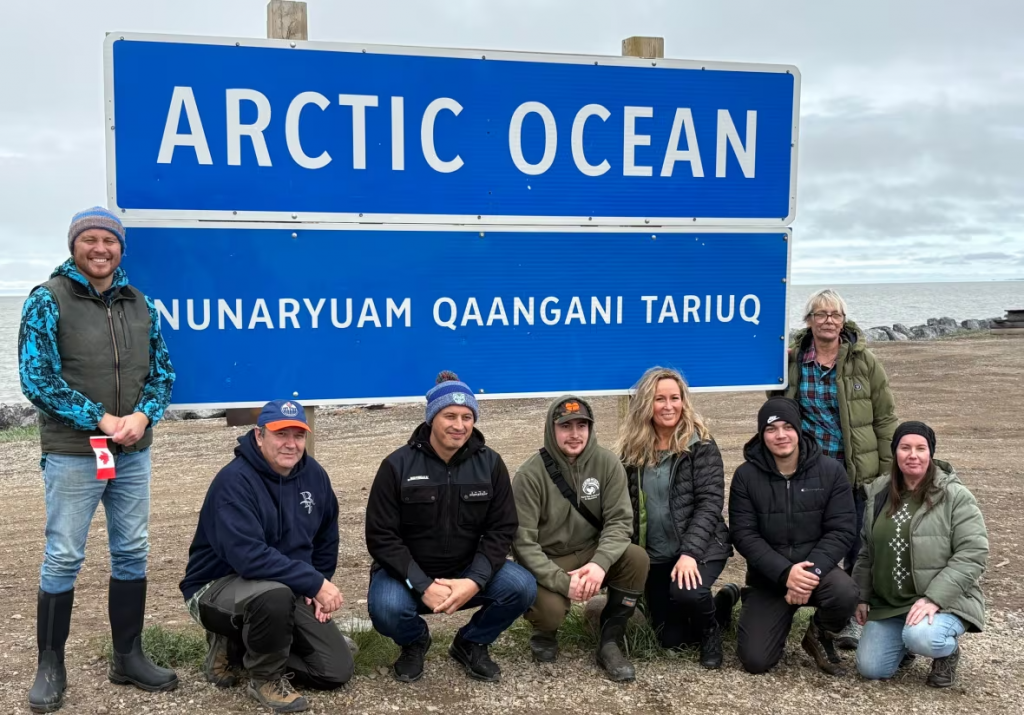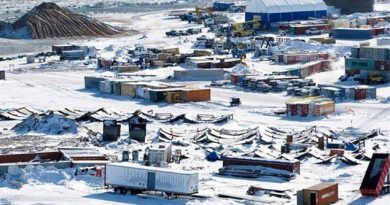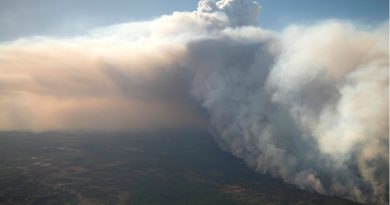Maori group visits N.W.T. to learn about Inuvialuit Dez Loreen ·

By Dez Loreen
Group of 8 from New Zealand spent the last week in Tuktoyaktuk
Eight Maori people from New Zealand spent the last week in Tuktoyaktuk, N.W.T., learning about the Inuvialuit culture and wildlife management systems.
It’s all part of a cultural exchange that was initiated by Krista Tremblett, a researcher from the University of Alberta who studies biodiversity conservation and stewardship. Tremblett said the exchange is meant to showcase the benefits of community-based monitoring and how it affects decision making.
It took over a year to make happen, and the first visit between the Maori group and local Inuvialuit happened last week.
“The harvest-based monitoring that has happened here in the ISR [Inuvialuit Settlement Area] has happened for the last 40 years, so it’s a great example, and the Inuvialuit are leaders in that,” said Tremblett.
She sees the Inuvialuit and their beluga monitoring program as an example of local wildlife management and said the model could be used for other nations, like the Maori. She compares the Maori harvest of the titi, or muttonbird, every spring to the Inuvialuit harvest of beluga every summer.
The group from New Zealand toured Hendrickson Island, a local whaling camp used traditionally by Inuvialuit families. The site is now a hub for beluga research, with monitors using it as their base camp for whaling.
Darrel Nasogaluak is the chair of the Tuktoyaktuk Community Corporation and he also sits on the Tuk Hunters and Trappers Committee which organized the visit.

Nasogaluak said the tour was beneficial for both the Maori visitors and the local Inuvialuit. He hopes the Maori will apply what they’ve learned in Tuktoyaktuk to managing the bird population back home.
“Even though they come from a completely different environment and place on earth, because their people are linked to their environment and wildlife, there are lots of similarities between the Inuit, Inuvialuit and Maori,” said Nasogaluak.
“They’re learning a lot from us on what we do to maintain our populations. The Inuit across the Arctic have no interest in over-harvesting any of our animals.”
Lania Davis was one of the Maori people chosen for the exchange and she also brought her oldest son Winiata Edwards with her. She said the experience has been one they will never forget.
“It’s a trip of a lifetime for us both,” said Davis.
Watching how the locals in Tuk prepared their fish was something of interest to Edwards who said he would bring that back home and try to dry some salmon he catches next time he goes fishing.
“We do smoke salmon on Stewart Island, but we do it a bit differently,” he said. “We don’t dry-age it for three days, so that is something I want to bring back and try,” he said.
The Tuk HTC office and the Rakiura Titi Committee are planning to bring six Inuvialuit to New Zealand in 2026 as the second part of the exchange.
A community feast and drum dance was held on Sunday afternoon to say goodbye to the Maori guests leaving Tuktoyaktuk.
Related stories from around the North:
Canada: Weak response to ANWR lease sale applauded by Yukon politicians, activists, CBC News
Finland: The world could transition entirely to cheap, safe renewable energy before 2050: Finnish study, Yle News
Norway: Norwegian oil company Aker BP to drill along border with Russia, The Independent Barents Observer
Russia: In Russian Arctic energy shift, Novatek might turn from LNG to ammonia, The Independent Barents Observer
Sweden: Sweden will need twice as much electricity, Radio Sweden
United States: Trump accuses Murkowski of killing ANWR; ‘I will be there to campaign against her!’ he vows, Alaska Public Media



